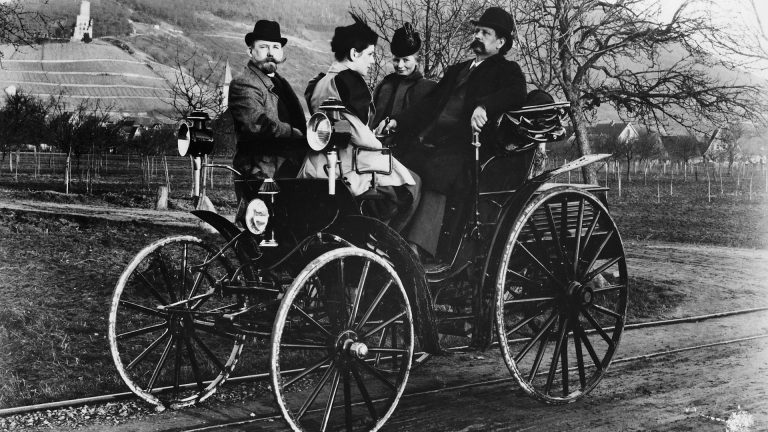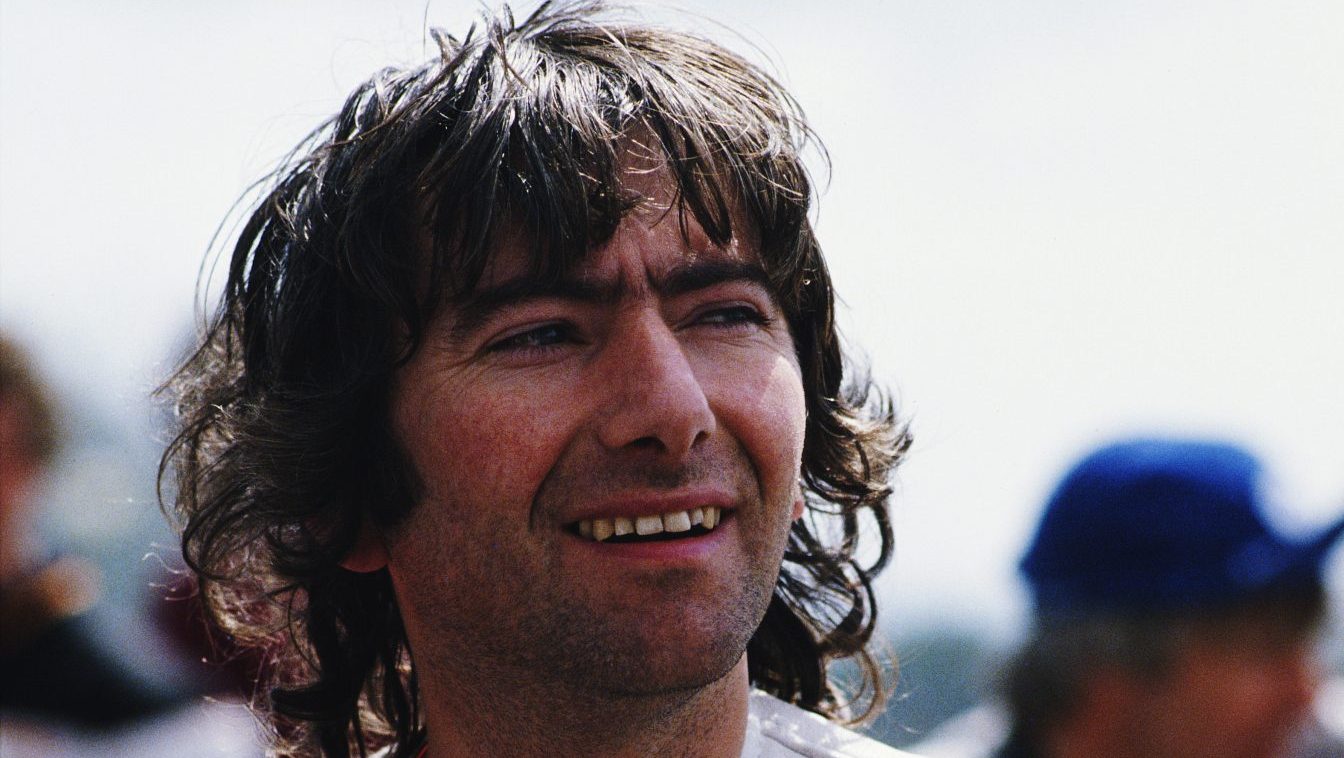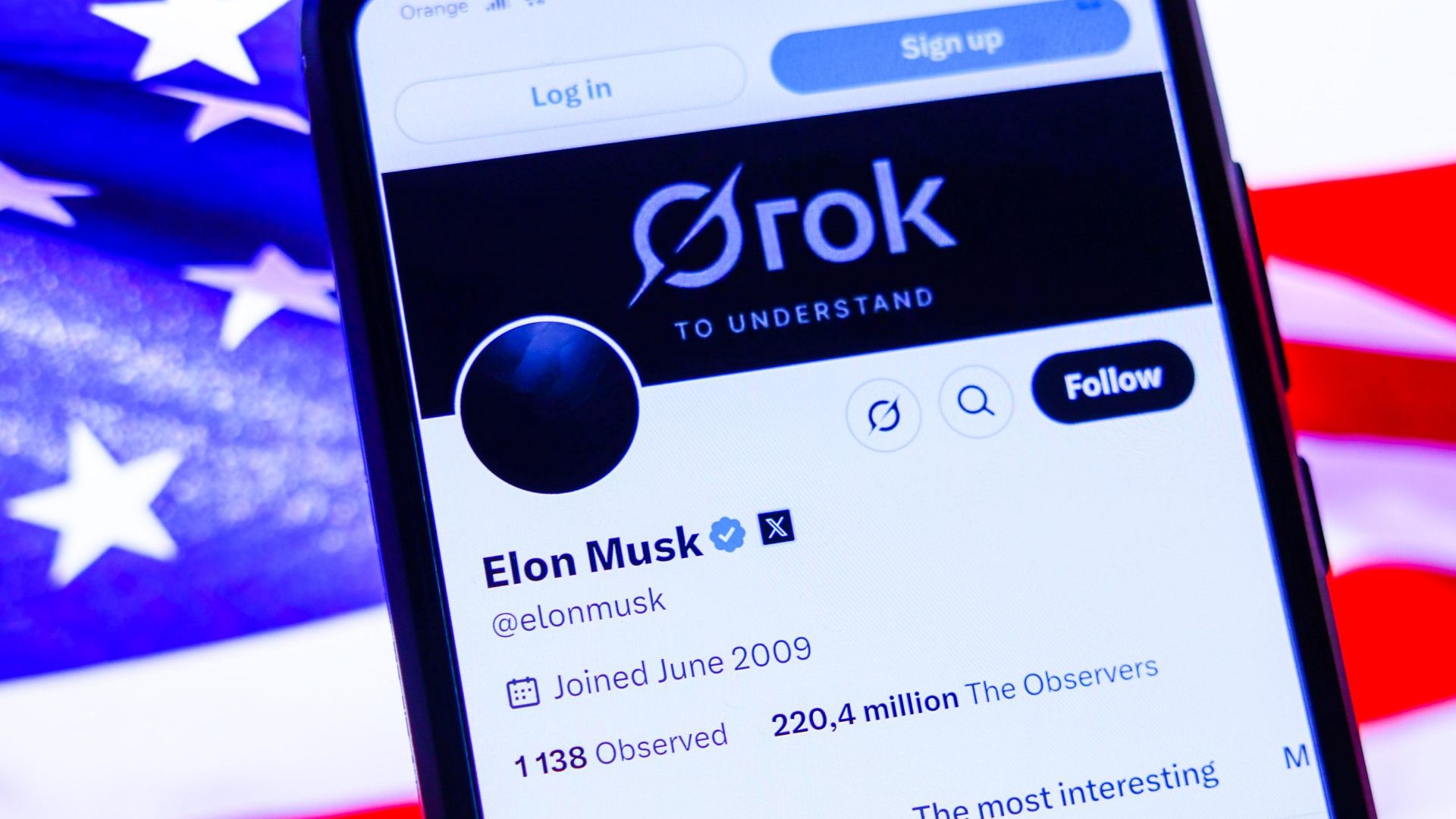“It’s just been everything – every emotion you ever had in your body has come out in these last eight or nine days.” That was a pretty long speech by the standards of Joey Dunlop, the softly spoken Northern Irishman who, when he didn’t have a cigarette clenched between his teeth, had his thighs wrapped around a motorbike.
Dunlop had turned temporarily verbose after winning his final TT Races at the grand old age of 48. Not that he was planning to retire. A few short weeks after leaving the Isle Of Man in triumph, the man from County Antrim would have this and every other decision cruelly ripped from his hands.
The year 2000 marked Dunlop’s 25th anniversary at the TT Races. Over the course of that quarter-century, he had participated in 97 races, winning 23 of them. This would have been a staggering achievement in itself, but Dunlop had racked up hat-tricks in the most hotly contested classifications in 1985 and 1988.
As he entered the new millennium with a prominent streak of grey now running through his scruffy mane, common sense suggested that Dunlop’s best days were behind him. Yet clad in his lucky red T-shirt and bright yellow helmet, “The King Of The Roads” wasn’t on the Isle of Man just to make up the numbers.
Over the course of the 2000 festival, Dunlop won the Duke Formula One race by a distance on his SP1 Honda, and the 250 Lightweight on an underperforming Bertie Payne Bitmac Honda. It just remained for him to clock the best time in the 125cc Ultra Lightweight TT, a race he’d already won on four occasions.
But at the TT, nothing can be taken for granted. The infamous Mountain Course is almost 38 miles long, racing taking place on public roads. Hang your head an inch too far left at one corner and you’ll collide with a stop sign; an inch too far to the right and a telegraph pole will take your head off. In the event’s 118-year history, almost 300 people – most of them riders – have lost their lives.
Suggested Reading

Karl and Bertha Benz, the couple who drove into history
As he whipped round the mountain course that June afternoon, Dunlop was in his element. He had once remarked that “the TT’s different because you’re riding on your own, and I was always good at that. If I can get out on my own, I can go as quick as any other rider without any trouble.” On this day he was far from alone, with fans lining most every foot of the track, an avalanche of love that demanded a record-setting 26th win.
It’s hard to convey just how big a deal Dunlop was to his fans, and to the people of his homeland. His modesty elevated the level of affection tenfold. Long before Finn Balor joined the WWE, Joey Dunlop was “the ordinary man who did extraordinary things”.
After reading about a neighbour who’d worked in the Romanian orphanages, Dunlop took a white van down to his local supermarket, filled it with supplies, then drove it from his pub in Ballymoney to a rescue centre outside Bucharest. He was home more or less before anyone noticed, and had undertaken three further trips to Bosnia and Albania before the press became aware of his selflessness.
When the story broke, Dunlop was mortified; he feared people might spy self-promotion as the reason for his acts of charity. He needn’t have feared – the story simply made Northern Ireland love Joey Dunlop that much more.
His journey that June day in 2000 was considerably shorter than his Eastern European adventures, but it was hairy all the same. Nevertheless, it was the newly elected president of the TT Riders Association who set the fastest time, leading home four other Northern Irishmen, his talented brother Robert among them.
Though he competed in two other classes, Joey Dunlop’s 2000 TT was pretty much done the day he led home a procession of Ulstermen. A fortnight later, he would again fill up his white van, this time with motorcycles, Joey having promised to return to Estonia, having enjoyed racing there previously. As with his trip to the Balkans, he drove all the way to Riga. His reward for such adventure was victory in the 750cc and 600cc events.
Then, on July 2, Joey was leading a 125cc race when his bike left the road and careened into a forest. He was killed instantly.
It took a while for the shock to abate, but once it did, people rushed to pay tribute. Statues were erected, trophies were named in his honour, poems were written. Then came 2015 and the Belfast Telegraph’s poll to find Northern Ireland’s Greatest Sports Star.
The shortlist included Olympic gold medallist Mary Peters, golf major winners Rory McIlroy and Darren Clarke, world champion boxer Barry McGuigan, rugby union legends Mike Gibson and Willie-John McBride, snooker’s inimitable Alex “Hurricane” Higgins, and AP McCoy, history’s greatest National Hunt jockey. Strong as the field was, it was hard to see someone other than George Best winning out.
That the footballer finished second behind Joey Dunlop was a great surprise to anyone who hadn’t bothered to notice that while the brilliant Best had been fighting a losing battle with himself, Dunlop had been winning so consistently, you’d think it was about to be made illegal.
All the same, the day the poll results were announced was one of the rare occasions Joey Dunlop’s absence was made bearable. A modest man with little to be modest about, he would have found such acclaim unbearably embarrassing.



